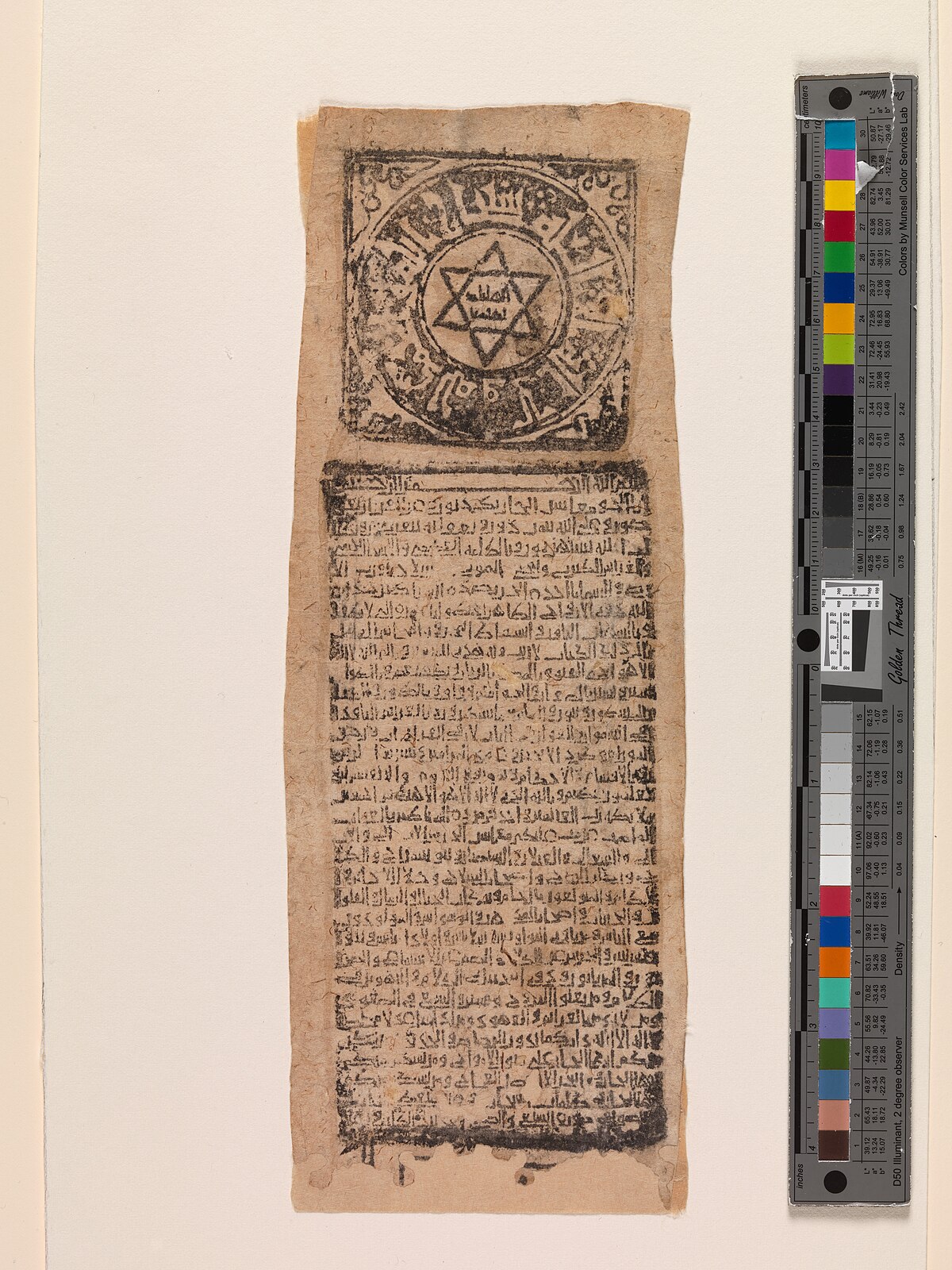InvestigateTruth
Well-Known Member
This thread in a way is a continuation of another thread:
Although it may not be clear at first how they are related.
For those who do not read Arabic, this would seem strange if they are told that the true and correct translation of the verse of Quran, commonly known as where it says "Seal of Prophets", indeed from linguistic point view is a common wrong translation. It is widespread false translation for generations. When a false idea spreads worldwide, for generations, then no body thinks ever, ever that they were told wrong.
Even for Arabs, and Persians this may seem a false claim, to tell them, this word known as Khaatam (خاتَم) DID NOT mean Seal or Last at the time of Revelation of the Quran.
Those who know Arabic well at the expert level, in fact should know that, there are two similar words, one is Khaatam, and another Khaatim. They are both written the same in Arabic: خاتم. But pronounced differently. While the Latter means "Terminator", the former means "Ring". In fact even today, if you go to a Jewelry in an Arab country and want to buy a Ring, you ask for خاتم.
You don't believe me? Just look:
Even look here:

 en.wikipedia.org
en.wikipedia.org
More precisely Khaatam, in Classical and early Islam meant a "Signet Ring"
Now, then how the Quran Translators ended up translating it as "Last"?
What Questions come to your mind when reading Quran 3:7?
In my opinion, and personal experience, verse 3:7, is like a key that unlocks true understanding of not only the Quran, but also, it is a key to understanding all Revelations from God being Abrahamic or non-Abrahamic. 2 So, I am curious, if you read verse 3:7 of the Quran, does it cause you to...
www.religiousforums.com
Although it may not be clear at first how they are related.
For those who do not read Arabic, this would seem strange if they are told that the true and correct translation of the verse of Quran, commonly known as where it says "Seal of Prophets", indeed from linguistic point view is a common wrong translation. It is widespread false translation for generations. When a false idea spreads worldwide, for generations, then no body thinks ever, ever that they were told wrong.
Even for Arabs, and Persians this may seem a false claim, to tell them, this word known as Khaatam (خاتَم) DID NOT mean Seal or Last at the time of Revelation of the Quran.
Those who know Arabic well at the expert level, in fact should know that, there are two similar words, one is Khaatam, and another Khaatim. They are both written the same in Arabic: خاتم. But pronounced differently. While the Latter means "Terminator", the former means "Ring". In fact even today, if you go to a Jewelry in an Arab country and want to buy a Ring, you ask for خاتم.
You don't believe me? Just look:
Even look here:

Seal of Solomon - Wikipedia
More precisely Khaatam, in Classical and early Islam meant a "Signet Ring"
Now, then how the Quran Translators ended up translating it as "Last"?
Last edited:
